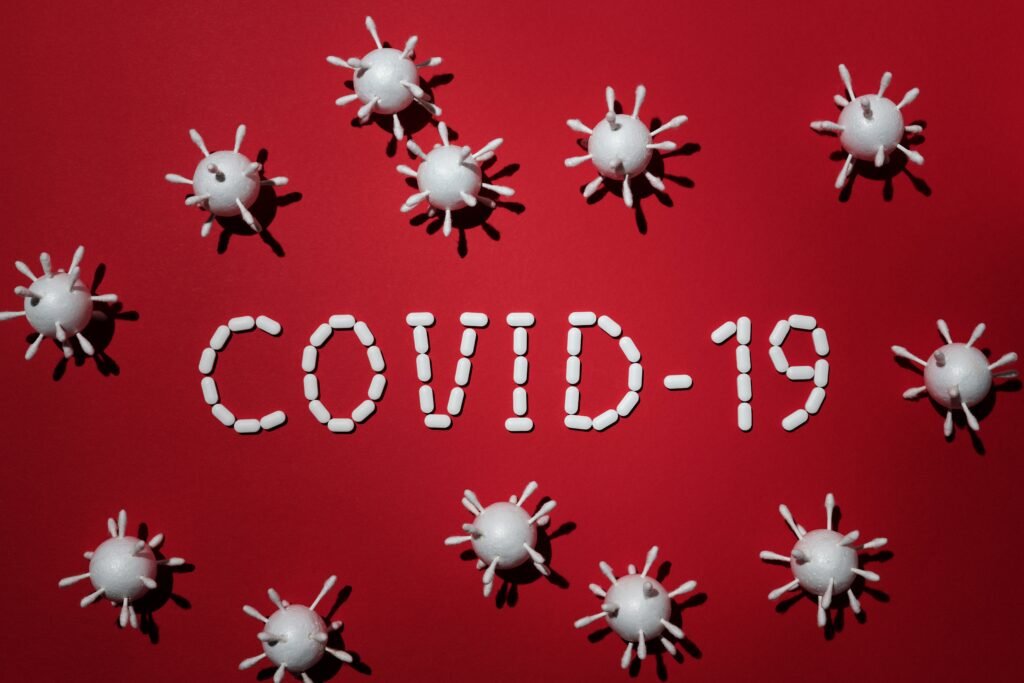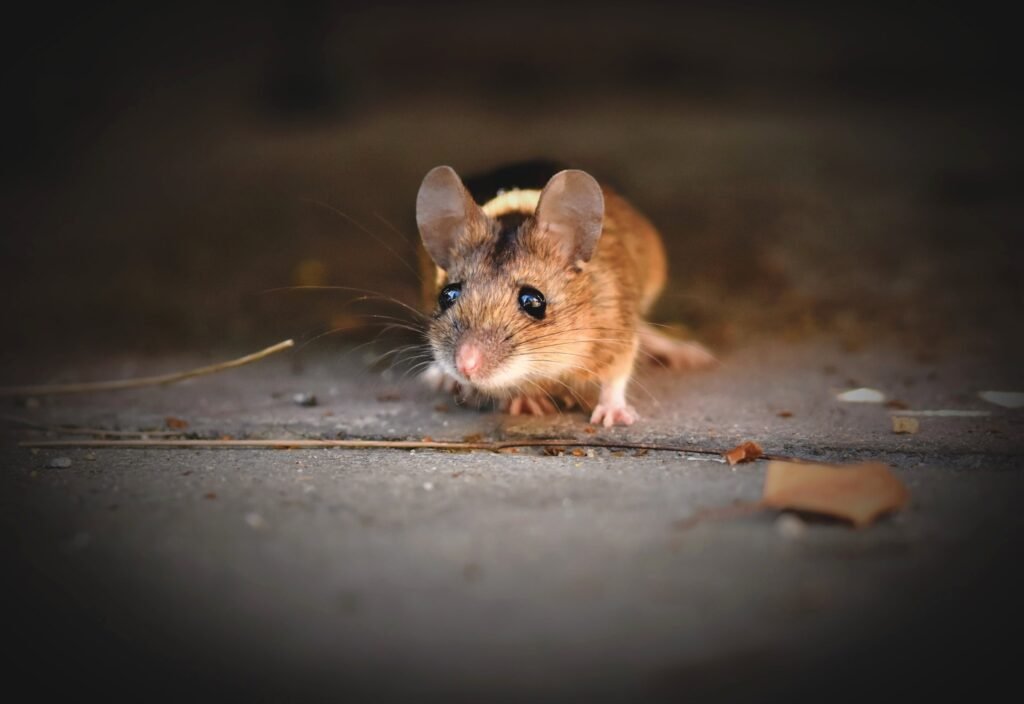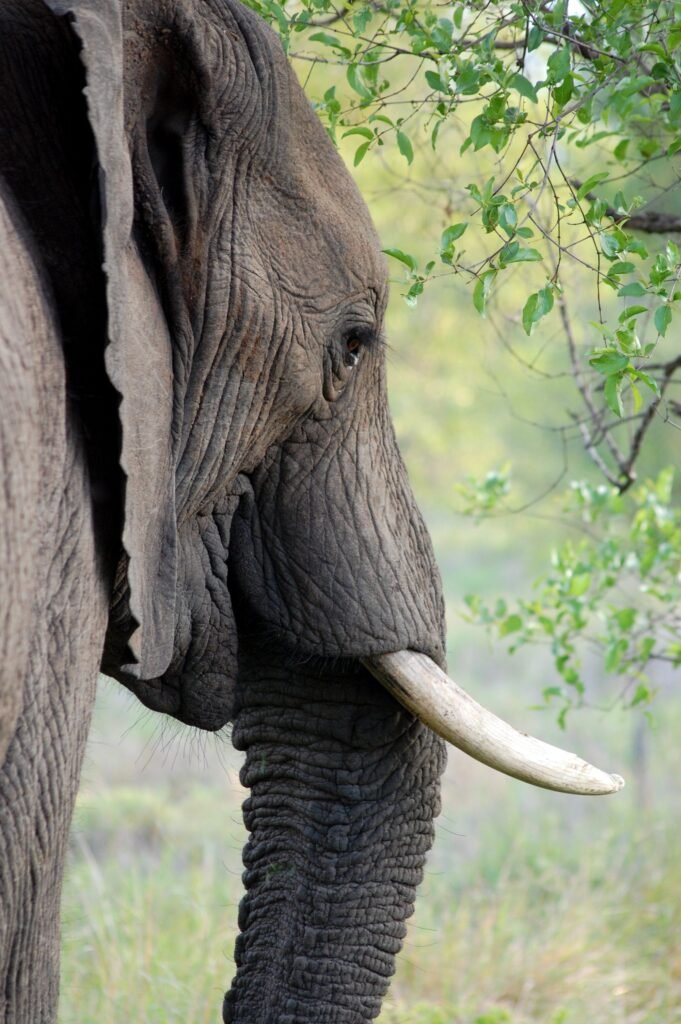
The Fear Factor: 7 Ways your pet can Save you from Impending Catastrophes
For times immemorial humans have thrived upon the egotistical idea of being the most evolved and advanced animal this earth has ever seen in its existence of around 4.5 billion years old.
Undoubtedly they are!

Much of that can be attributed to their cognitive abilities, complex social structures, technological advancements, and a sense of self-awareness.
However, it’s essential to recognize that this perception of supremacy is subjective and other animals surpass humans in certain areas .
Humans should agree that all species have their unique strengths and should view themselves as part of a broader ecosystem rather than the ultimate superior entity.
Unlike humans , animals possess all kinds of fascinating abilities, including camouflage, regeneration and — it turns out — diagnostics.
Animals that may be able to detect medical problems in humans using visual cues, smell and other aptitudes.
These animals have just what it takes
to don the white coat and stethoscope-
an eye, ear and a nose for disease.
Dogs
A 75-year-old man visited a doctor after his dog licked persistently at a lesion behind the man’s ear.
The doctor performed diagnostic tests and confirmed malignant melanoma.

Their unparalleled and sometimes unbelievable ability to sniff out things has always amazed us humans. Apart from sniffing out contraband at the airport customs and the occasional explosives with the bomb squad dogs have proven helpful in tracking criminals and victims alike.

A dog’s ability to sniff out odors that a human nose cannot even perceive has been used by researchers to detect disease even before any screening test can pick it up.
Now this can allay your fear factor of many diseases if you have a furry companion at home.
Research has suggested dogs can detect breast cancer in 88 percent of cases, and lung cancer with 99 percent accuracy. They can also sense hyperglycemia(high blood sugar) and hypoglycemia(low blood sugar levels) in people with diabetes, among their many talents. Such dogs are called Diabetes Alert Dogs.

More than hyperglycemia its the episodes of hypoglycemia that can be an impemding catastrophe. The patient might slip into coma due to low or non supply of glucose to the brain. Diabetes Alert dogs are known to alert the patient or family members when they do perceive an episode of hypoglycemia.
However, it’s not clear exactly what the dogs may be detecting. Are they actually “smelling” low blood sugar, or are they reacting to typical hypoglycemia symptoms in their owner, such as sweating or shaking?
Research has shown that dogs can detect many types of cancer, such as:
- melanoma
- colorectal cancer
- ovarian cancer
- prostate cancer
Scientists have concluded that some dogs can detect colorectal cancer from people’s breath and stool with high levels of accuracy even when its in early-stages. The dog is able to distinguish such cancers even when there are other inflammatory changes in the gut or any other non cancerous growths.
Canine cancer detection( by Medical Detection Dogs) is a simple, noninvasive procedure with potentially fewer side effects for people.
The role of canines in sniffing out covid patients was extensively used during the Covid-19 Pandemic.

Rats

Rats have been used to detect lung cancer. According to the study, animal nose sensors capable of discriminating cancer-related odor components present in trace amounts in exhalation samples can be useful for potential screening of lung cancer in a non-invasive manner. This kind of detection can remove the fear of disease and save the patient from an impending catastrophe.
As per APOPO, over 60 countries are contaminated with hidden landmines and other explosive remnants of war, that cause tragic accidents and hamper communities from developing their productive land.
HeroRATS are saving people from landlimes and tuberculosis.
APOPO’s scent detection animals, nicknamed ‘HeroRATs’ and ‘HeroDOGs’, help to rid the world of landmines – returning safe land back to communities for development

The Gambian pouched rat, or giant African pouched rat, has been trained by humans to uncover landmines and detect tuberculosis.
The highly developed sense of smell and light weight of our African giant pouched rats, nicknamed ‘HeroRATs’, make them ideal detectors of landmines and tuberculosis.
The rodents are able to positively identify TB infections 80 percent of the time, after a training period.
These landmine explosions are impending catastrophes than can end a persons life and even if not so can lead to a crippled life.
Elephants

These gentle giants are known to sense infrasonic sounds and can hear storms and hurricanes approaching them.
During the Great Tsunami of Indian Ocean in 2005 even before the tsunami reached the shores Elephants have run and made it to high grounds and were saved.
They also saved people from the impending catastrophe , the ones who accompanied them to higher grounds.
Not a single elephant , buffalo or wildlife carcass was recovered from the remains of the tsunami on land when innumerable human corpses were found hanging on top of trees when the water receded.
EARTHQUAKE!!!! The animals know destruction is coming!
Elephants also have great olfaction.
African elephants have more than double the number of genes associated with olfaction compared with dogs: about 2000 versus dogs’ 811. This suggests that olfaction must play an enormous role in elephants’ lives and it does!
With this super power elephants can smell a lot of odours e.g. Trinitrotoluene (TNT)-the main component of landmines .
Elephants could rival dogs’ sensitivity abilities in the field of cancer, diabetes , epilpepsy and pest detection. They require less mainatenace and have much larger life spans as compare dto dogs.
Horses

Horses have been known to elicit anxiety to upcoming calamities.
They are documented during the massive earthquake of San Fransisco of 1906 to have panicked and galloped due to fear even before the earthquake struck.
They could have saved some humans from the impending catastrophe but no such documented record is available.
Beluga Whale

Yang Yun, a 26 year old free diver thought she was going to die when her legs were paralysed by arctic temperatures during a free diving contest without any breathing equipment.
She was taking part in a competition at Polar Land, China in a sub zero pool of water which had a Beluga Whale in it.
Yang Yun was at the bottom of the tank when she couldnot feel her legs due to the intense cold. Unable to move her legs and withoput oxygen equipment she was staring at an impending catastrophe when the Beluga whale sensed her problem and pulled her by her feet to the surface where she was rescued.
If not for the Beluga whale Yang Yun would have definitely perished.
Cats

Cats are world over given special importance.
They are either worshiped or feared. In Japanese folklore Cats are often depicted as supernatural entities known to bring good fortune to teh owner.
One such instance happened when an eight-year-old cat, Pudding, saved her owner who has had an episode of hypoglycemia and was having a diabetic seizure. The cat responded to such abnormal activity and alerted the family who were able to save the man’s life by administering the medicine in time.
For sure saved the man from a catastrophe.
In 2010, a woman from Franklin, Tennessee, visited her doctor to consult for a mysterious bruise that showed up on her chest. Her cat has been continuously pawing and pouncing at the very spot the previous evening, likely directing her attention to the bruise. She discovered it was breast cancer.
Sheep

Now you might be surprised as to how such a ordinary looking animal can be so smart as to detect something like and impending catastrophe?
In an international cooperation project, researchers from the Max Planck Institute of Animal Behavior in Konstanz/Radolfzell and the Cluster of Excellence Centre for the Advanced Study of Collective Behaviour at the University of Konstanz, have investigated whether cows, sheep, and dogs can actually detect early signs of earthquakes.
The researchers have discovered unusual behavioral patterns up to 20 hours before an earthquake.
It is still unclear how animals can sense impending earthquakes. Animals may sense the ionization of the air caused by the changes in the electrical fields due to large rock pressures in earthquake zones with their fur. It is also conceivable that animals can smell gases released from quartz crystals before an earthquake.








Wow, incredible blog structure! How lengthy have you been blogging
for? you make running a blog look easy. The whole glance of your web site is excellent,
let alone the content material! You can see similar:
sklep internetowy and here sklep